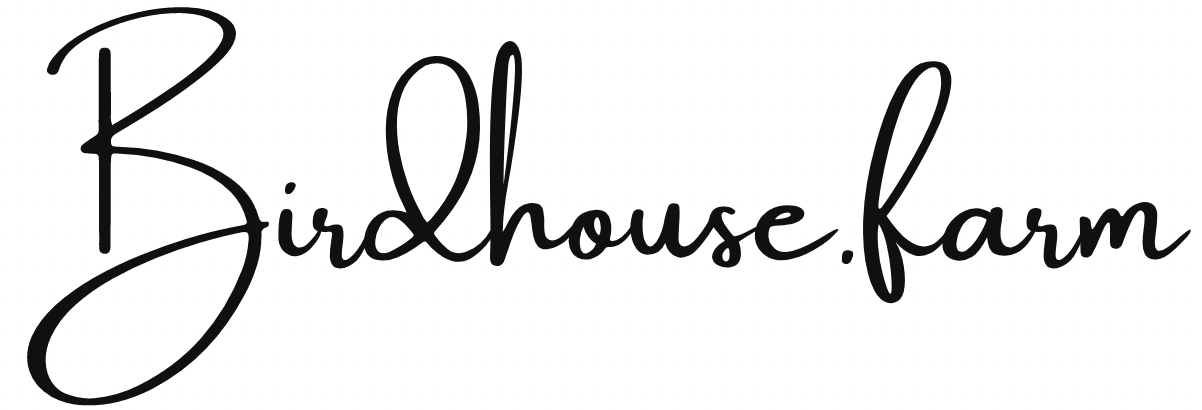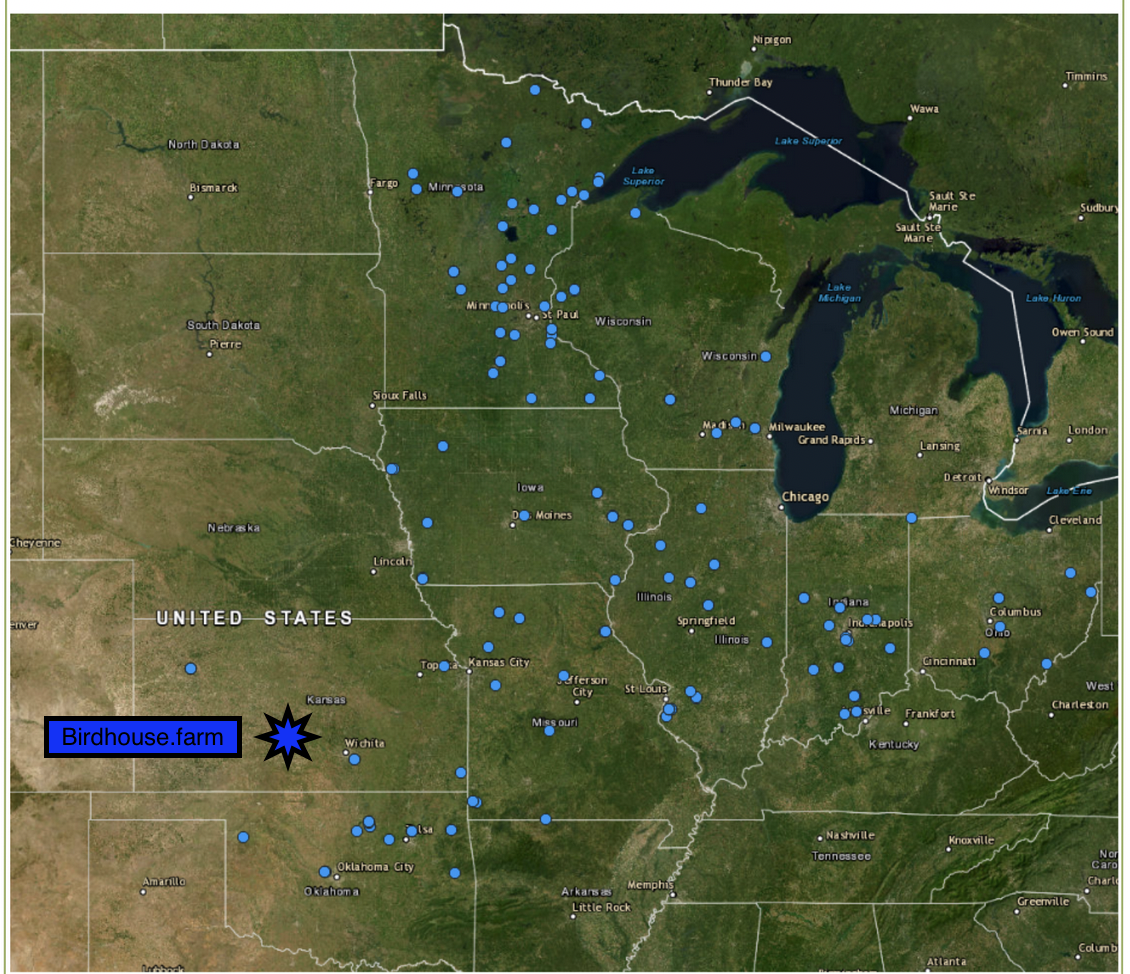Community Partnership: Monarch Joint Venture
Wildflowers play a crucial role in supporting pollinators and enhancing habitat for wildlife. Pollinator habitat provides essential resources, such as food and shelter, for bees, butterflies, birds, and other wildlife. Due to declines in monarch numbers and habitat availability, MJV partners are pooling their efforts to protect monarch and pollinator habitat in the U.S.
In Fall of 2022, Birdhouse.farm applied for a partnership with Monarch Joint Venture (MJV) to receive milkweed donations for our farm.
Due to the overwhelming response, the MJV staff closed the application process after just one week; they received 716 applications. The response far exceeded expectations, highlighting the dedication and passion of agriculture producers striving to positively impact monarch butterfly conservation. During the selection process, MJV was able to obtain additional funding through a donation from the Ingraham Foundation.
MJV selected 105 producers across 213 sites to receive milkweed stems. In late May, 7,560 milkweed plugs were shipped to the chosen producers and planted on 588 acres.
Birdhouse.farm was blessed to receive one of these generous partnerships and in Spring of 2023 we planted 2 flats of Common Milkweed in three sites on the farm.
Site A, Native Grassland: This area is set aside for native prairie plants, especially tall grasses and wildflowers. The main components of the grassland are currently a little bluestem, various Asters, some short species of goldenrod, and venus looking glass. The soil is heavy clay with a medium amount of organic material.
Site B, Agroforestry areas: The area was previously covered in a dense Siberian elm monoculture. We are removing the invasive elms and replacing them with native trees, shrubs, and flowers. The soil is heavy clay with a large amount of organic material.
Site C, Birdhouse.farm “Yard”: Condensed space with several large American elm trees. We are transforming this area into a wildflower garden, which will include paths, a sitting area, and large plantings of native plants that host native insects. The soil is heavy clay with little organic material and a tendency to dry and crack.
Monarch Joint Venture Impact
The primary objective of the milkweed giveaway was to distribute milkweed plants, the host plant for monarch butterflies, to producers in priority states throughout the central flyway at absolutely zero cost to them (including associated shipping costs!).
I-35 was identified the “Monarch Highway” by the State Departments of Transportation in the central flyway, including Minnesota, Iowa, Missouri, Kansas, Oklahoma, and Texas. This handout describes the Monarch Highway initiative and how you can get involved.
The priority states included Illinois, Indiana, Iowa, Kansas, Minnesota, Missouri, Ohio, Oklahoma, Texas, and Wisconsin.
View the Monarch Conservation Efforts Map to find activities across North America that are benefiting monarchs and their habitats. This project originated with a group called the Emerging Wildlife Conservation Leaders, who helped to establish the efforts map and then transitioned it to the Monarch Joint Venture.











